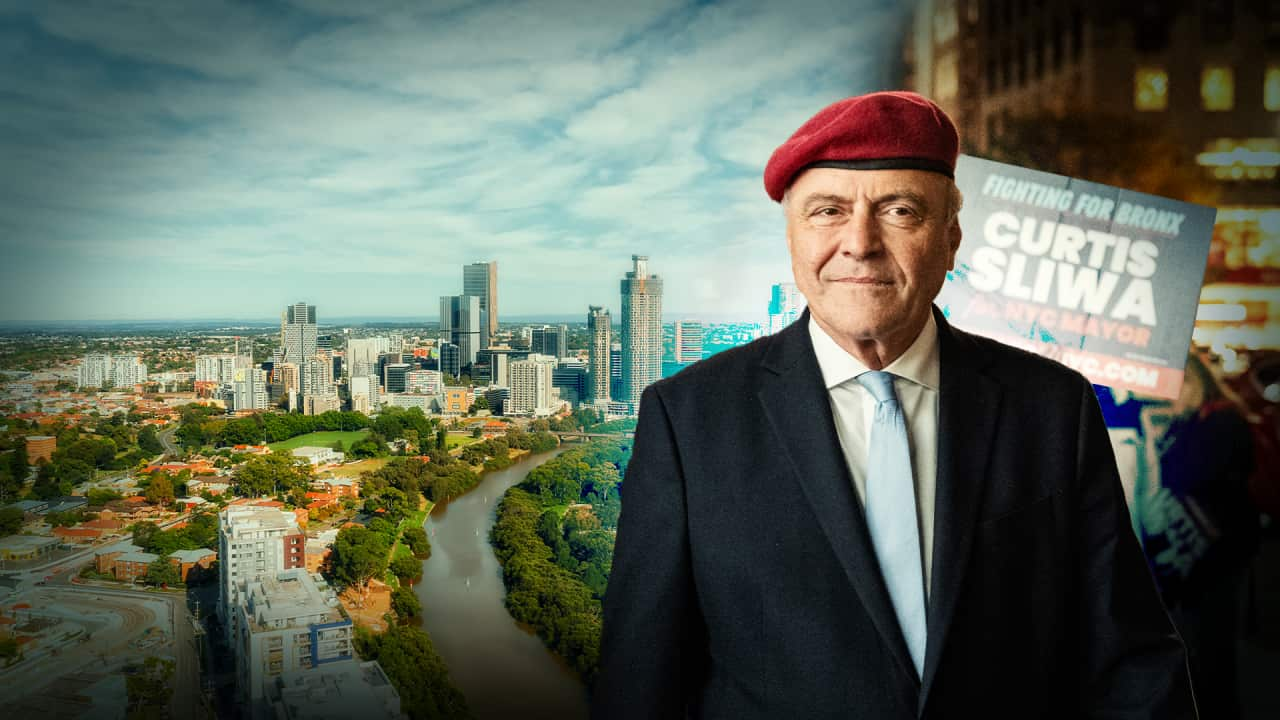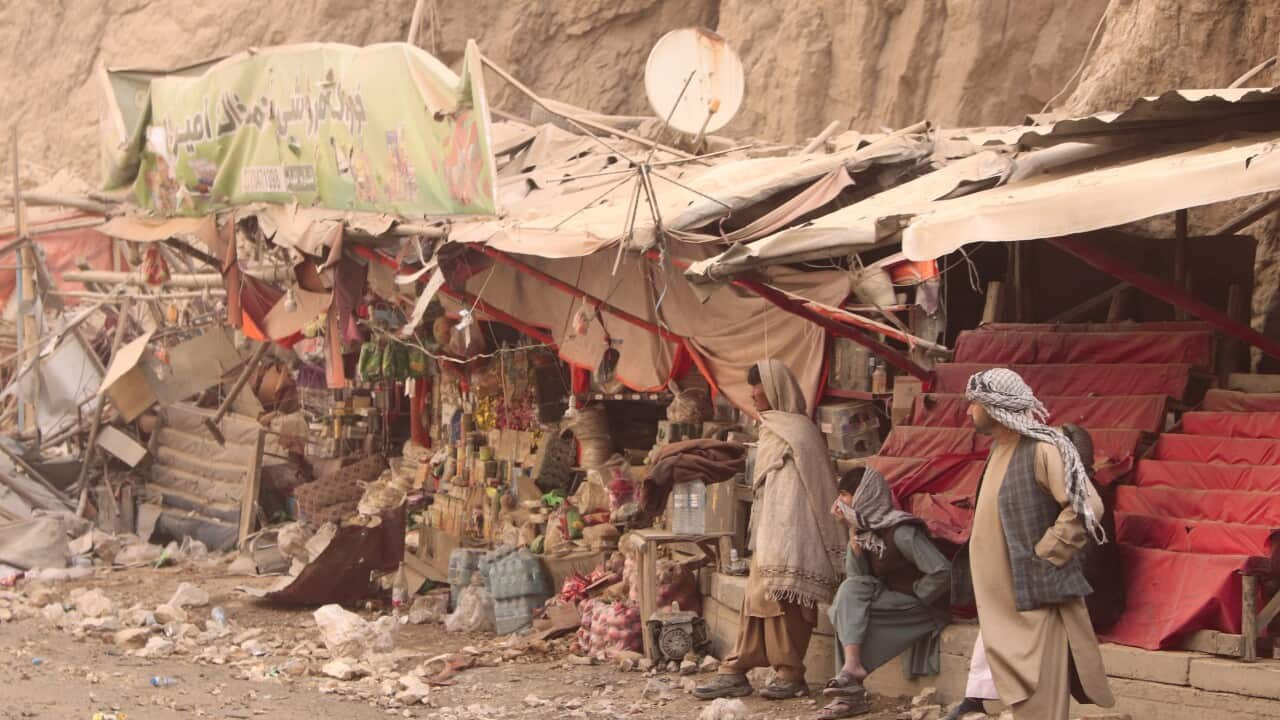There is trolling. And then there is presidential trolling.
President Biden on Sunday wrapped up a five-day visit to France by making a point to visit a cemetery for American soldiers killed in World War I. That, of course, is the kind of thing that presidents typically do.
But this particular cemetery was the same one that President Donald J. Trump was supposed to visit in 2018 before canceling, citing the rain, and touching off a political furor. For Mr. Biden — running against Mr. Trump again — visiting the cemetery was meant to send a message to voters back home.
“America showed up,” he said. “America showed up.”
Mr. Biden was talking about the United States military during World War I. But he might as well have been talking about Mr. Trump’s refusal to show up six years ago.
Asked directly what he was trying to say about his rival in this year’s presidential race, Mr. Biden paused for a moment.
“Any other questions?” he said.
But the decision to visit the Aisne-Marne American Cemetery, at the foot of the hill where the Battle of Belleau Wood was fought, was no accident. Having already spent two days in Normandy paying tribute to American soldiers who landed on the beaches there on D-Day in 1944, Mr. Biden certainly did not need to add another event honoring veterans. But evidently the opportunity was too good to pass up.
Neither Mr. Biden nor Mr. Trump ever served in the military, and both have had their disagreements with generals as commander in chief. But Mr. Biden’s son Beau Biden served in the Army in Iraq and the president has expressed strong feelings of attachment to veterans. Mr. Trump, by contrast, has often denigrated those who have served, a point that Mr. Biden wanted to draw attention to by his visit on Sunday.
“Every time I show up at a military site where veterans are buried, it brings back memories of hearing my grandfather and my mother talk about the loss of a son and brother in the South Pacific,” Mr. Biden told reporters on Sunday after placing a wreath near the cemetery’s chapel. “And I think about my son Beau.”
He also used the moment to indirectly tweak Mr. Trump, who has championed an America-first ideology and mocked NATO’s role as the protector of Europe, and who as president pulled the United States out of international compacts.
“The idea that we’re able to avoid being engaged in major battles in Europe — it’s just not realistic,” Mr. Biden said. “That’s why it’s so important that we continue to have the alliances we have. Continue to keep NATO strong.”
As a candidate in 2015, Mr. Trump scorned Senator John McCain’s war service and privately often sounded disrespectful toward others who volunteered for military service.
“Anyone who went to that war was a sucker,” he was quoted saying about Vietnam by John F. Kelly, his second White House chief of staff and a retired Marine general. “I don’t know why you guys think these guys who get killed or wounded are heroes. They’re losers.” Mr. Trump has denied calling soldiers “suckers” and “losers.”
Mr. Trump, who avoided service in Vietnam through a diagnosis of bone spurs in his feet that a New York Times report found may have come from a doctor as a courtesy to his father, made clear during his presidency that he believed the military owed its loyalty to him personally.
He told aides privately that he did not want wounded soldiers in a military parade because it did not look good and asked Mr. Kelly why his generals could not be more loyal, “like the German generals” serving Hitler in World War II. Since leaving office, Mr. Trump has publicly suggested that Gen. Mark A. Milley, whom he appointed chairman of the Joint Chiefs of Staff, might deserve to be executed for not being loyal enough to him.
The cemetery flap came during a trip in November 2018 to commemorate the 100th anniversary of the armistice that ended World War I. Mr. Trump was unhappy when he discovered he had been scheduled to visit two cemeteries for American soldiers, and when it rained, he canceled the first one.
Aides said at the time that the rain made flying to Aisne-Marne American Cemetery by helicopter problematic, and that traveling by car would have taken two hours and snarled Paris traffic. Mr. Kelly went by road in his place, along with Gen. Joseph F. Dunford Jr., then the chairman of the Joint Chiefs.
Mr. Trump did visit another cemetery, the Suresnes American Cemetery, just outside Paris, as scheduled the next day, but by that point, it was too late to avoid the predictable political blowback.







